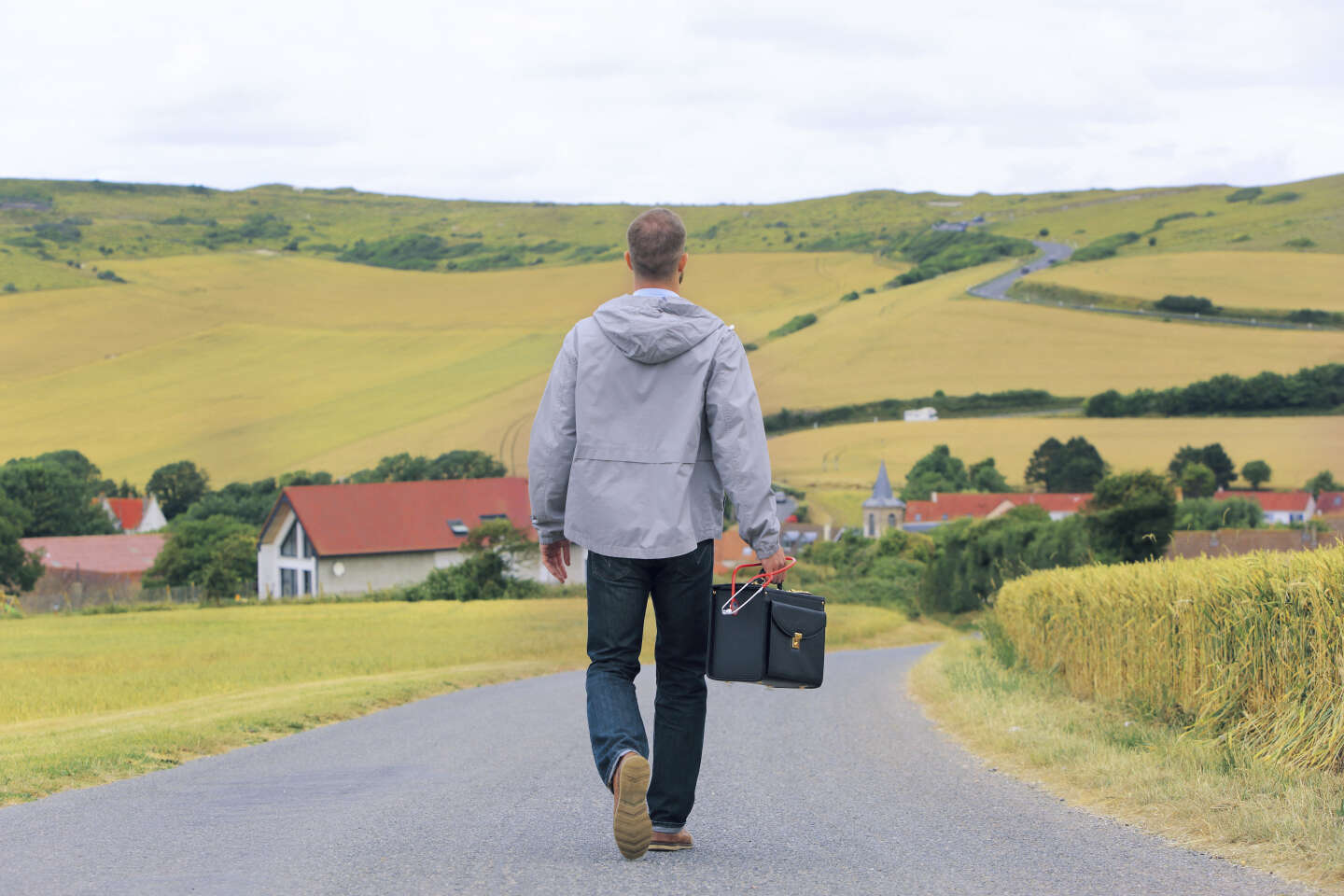
The UFC-Que Choisir Association appealed the complaint to the State Council “Inaction” She called on the government to take action amid growing inequalities in access to healthcare, she revealed on Tuesday, November 21 a study about “dramatic deterioration” medical demographics.
“After years of negotiations with policymakers that still remain without response, the UFC-Que Choisir today calls on the Council of State to take note and punish the government’s culpable inaction.” and for “defend the constitutional right to health”the association writes in a press release.
She particularly denounces “the stubborn refusal of the authorities to regulate the employment of doctors” and invites the French to sign and “share massively” a petition entitled “I blame the state”.
“Desertification in medicine is increasing”
Around 10 a.m., about 10 members of the UFC-Que Choisir gathered silently outside the Ministry of Health, waving signs and hanging construction tape around themselves to symbolize “Impossible access” watch out.
“We will succeed if all French people have access to a doctor, both geographically and geographically [d’un point de vue] financially (…) “when regulating installation will no longer be a taboo” And “That we regulate overcharges”summarized the president of the association, Marie-Amandine Stévenin.
General practitioners, gynecologists, ophthalmologists, pediatricians: UFC-Que Choisir has updated its interactive map of inequalities in access to doctors “direct access”developed in 2022 based on public data and scientific literature. “It is not surprising that medical desertification is increasing due to increasing needs.” and a “Retirement wave”she states.
A “catastrophic” situation
The study crosses two criteria: the geographical distance of the doctors – the “Deserts” They are characterized by a 60% lower density than the average for specialists less than 45 minutes away by car or 30 minutes for general practitioners – and the prices charged.
Thus, 19.3% of French people live in a medical desert for ophthalmology, 24.8% of women in a medical desert for gynecology and 28.9% of children in a medical desert for children, analyzes the UFC.
By excluding practitioners who charge excessive fees, “The situation will be absolutely catastrophic” : More than one in two children live in a place where there are no more pediatricians, 59.3% of French people live in a medical desert for ophthalmologists and 69.6% of women for gynecologists, laments the UFC.
General practitioners are better distributed, with 2.6% of patients classified as medical desert, or 1.7 million people, to which the association adds 21% of patients with a “difficult access” (Density at least 30% lower than average). Between 2021 and 2023, 44.4% of the population “has seen accessibility for GPs deteriorating”.
Online courses, evening courses, workshops: develop your skills
Discover
Volunteers anonymously contacted 2,642 GPs and asked if they would be willing to join them as GPs. The majority (51.5%) opposed this, compared to 44% in a previous survey in 2019. Most were already caring for too many patients (74%) or were nearing retirement (12%). The association also contacted 761 ophthalmologists, 28% of whom refused to make an appointment, with most offering very long notices, an average of 65 days.





